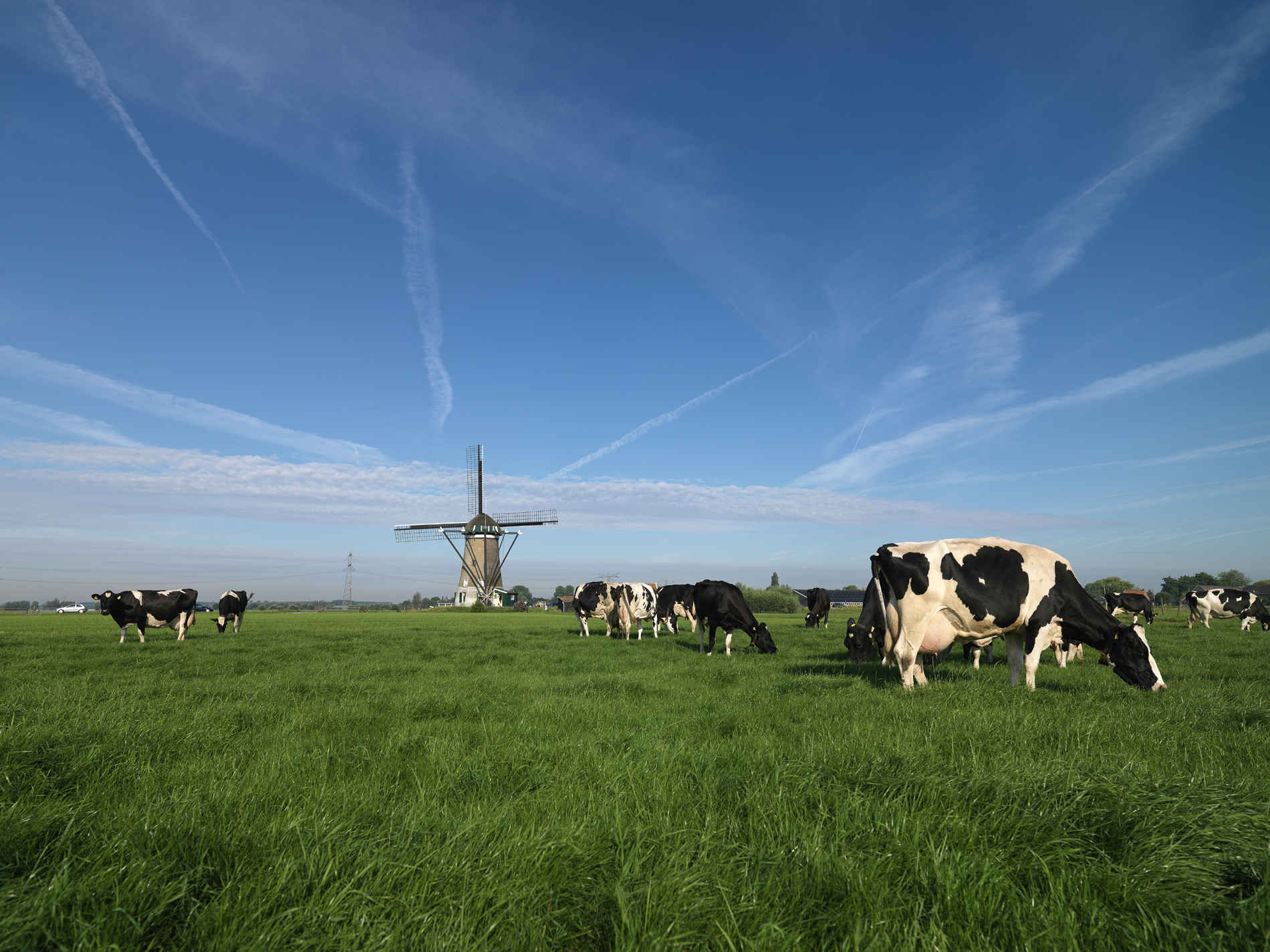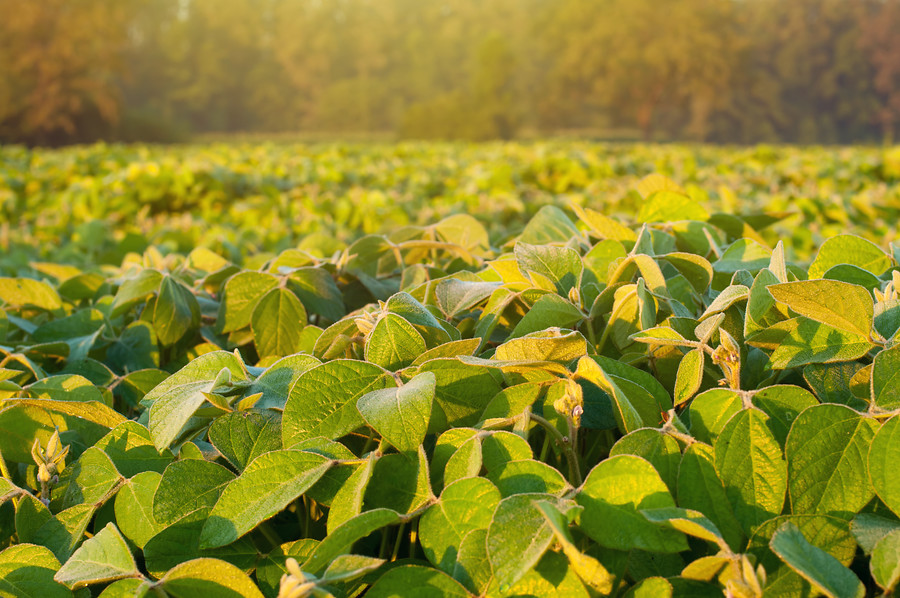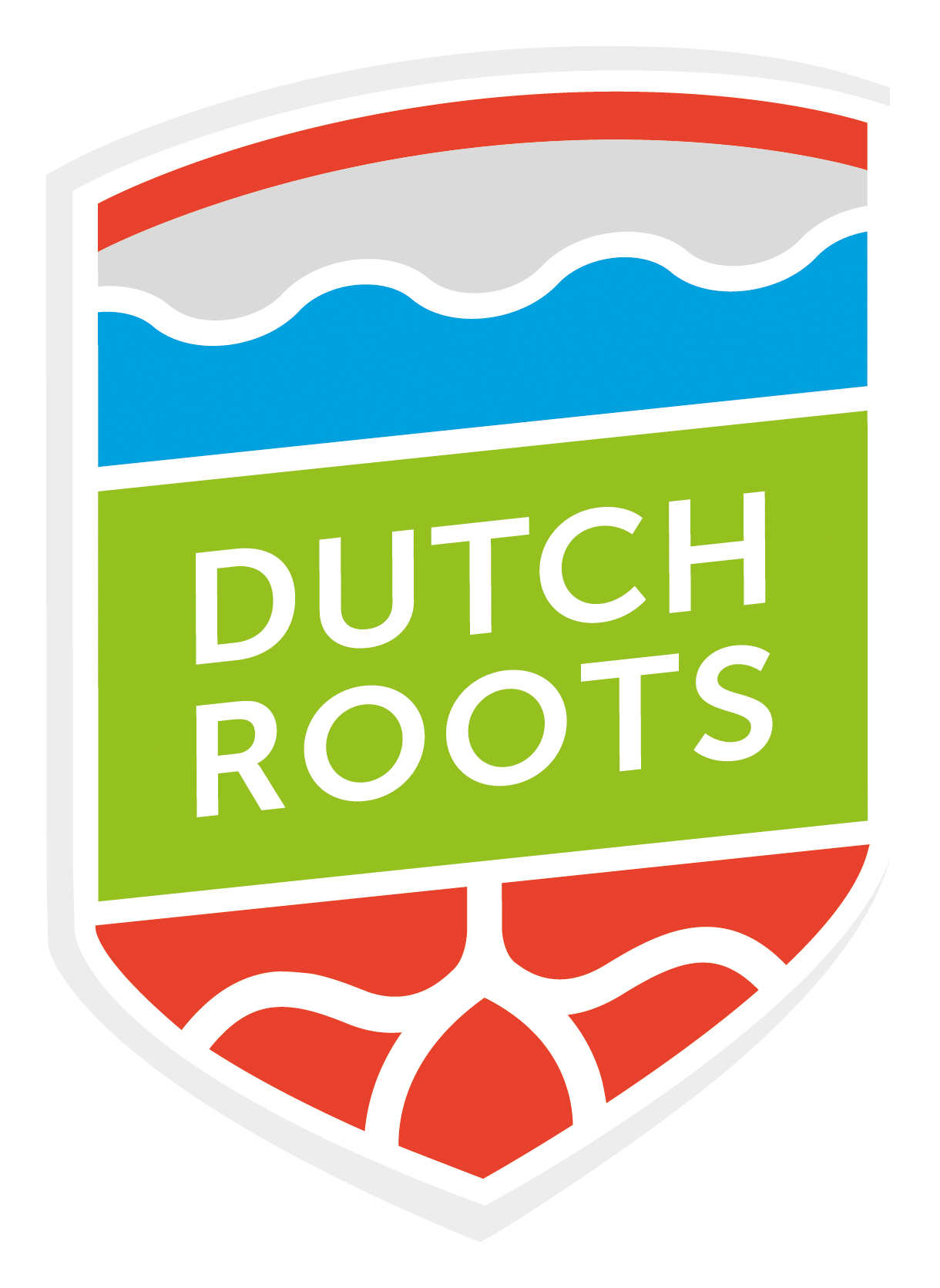Reinforcing abilities
The Dutch Dairy Association (Nederlandse Zuivel Organisatie, NZO) is an association of the Dutch dairy industry, representing the interests of thirteen dairy companies. Combined, these companies process 98% of the milk in the Netherlands into a wide range of dairy products: from beverages, infant formula and children’s food, cheese and desserts, to ingredients for the broader food industry and the pharmaceutical sector.
The NZO aims to reinforce its members’ abilities to produce and market their products. To reach this goal, NZO can be found in The Hague and in Brussels, and it also participates in public dialogue.

As dairy farming develops sustainability remains key
The growing global demand for dairy means that more milk needs to be produced. As the Dutch dairy sector works to help meet this demand, it is doing so with respect for animals, the surroundings and the environment.
Dairy farmers and dairy companies are therefore working closely together and have made agreements about climate and energy, animal health and welfare, and biodiversity and the environment. They have set concrete goals to reduce greenhouse gasses and use sustainable energy, to protect cattle grazing and monitor the use of antibiotics, and to improve the import of sustainably produced raw materials.
The dairy sector has also set a limit to the amount of manure that a dairy farm can produce. In this way, the country’s milk production can meet the environmental standards set by the government for phosphate, ammonia and greenhouse gasses.
The Dutch dairy chain uses 100% responsible soy
Since 2015, the Dutch dairy chain has used 100% responsible soy in cattle feed. The soy used by Dutch dairy farmers is wholly certified for responsible soy. The production of responsible soy does not lead to deforestation. Land rights of small farmers are also respected and the use of pesticides is limited.
The dairy sector is the first sector in the Netherlands to use 100% responsible soy in feed. This was partly realized through cooperation between the World Wide Fund for Nature, Solidaridad and Natuur&Milieu.
Soybean cultivation in South America is often paired with deforestation of tropical rainforest, deterioration of unique natural habitats, careless use of pesticides, and the eviction of local farmers so that soybean plantations can take their place. Because the Dutch dairy sector wants to make the production of milk and dairy products more sustainable, in 2011 it decided to transition to 100% responsible soy in cattle feed. The production of certified responsible soy does not entail deforestation, the land rights of small farmers are respected, and the use of pesticides is reduced.
Soy represents a portion of dairy cattle feed. The Dutch dairy cow eats mainly grass and corn (92%) from Dutch origin. A dairy cow eats 750 grams of soy each day: 1.2% of the total feed rations.

